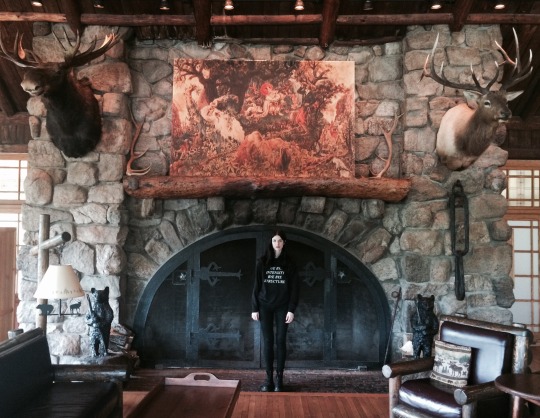
An Interview with Chelsea Hodson
Chelsea Hodson’s Pity the Animal was first published by Future Tense and is now available at Emily Books and as an Amazon kindle single. At under forty pages, this slim book is stunning—Pity the Animal delivers crystal prose in a voice both lucid and bold. Hodson, who was a 2012 Pen Center Emerging Voices Fellow, lives in Brooklyn, is an MFA candidate at Bennington, and is teaching this summer in New York through Catapult and Electric Literature.
—Brandon Hobson
THE BELIEVER: In Pity the Animal, you seem to maintain an intransigence I find fascinating. There’s also confidence even in your most vulnerable situations. You write, “I pity anything stuck in one role,” and we see you as woman, as girl, as animal, as object. You see yourself in these roles. Can you talk about your role in the book, and what motivated you to write from this voice?
CHELSEA HODSON: I wrote the essay in an attempt to discover the worth of my body versus my mind, as well as examine the roles of woman and artist. I wanted to know why I felt drawn to certain situations which involved me giving up all my power—intellectually, physically, and sexually. And I did see myself as evolving from human to animal to object, and it thrilled me as well as confused me. I thought, what kind of woman longs to be treated like anything less than a woman? But the line, “I pity anything stuck in one role” is meant to be a celebration—I can be anything I want. And every time I willingly gave up what I viewed as power, I gained it in a different form. The transactional nature of human relationships forces us to take on several roles at once.
BLVR: Which role do you prefer? Which role do you feel most when you’re writing?
CH: I’m not sure which role I prefer—I’m excited by complexity and the possibility of having to take on more than one role at a time. As a child I was a cautious observer, but as I get older I feel more drawn to action, risk, and performance. I love the Graham Greene quote, “When are not sure, we are alive.” Nothing interesting happens in my writing or in my life when I’ve planned it all out beforehand. I try to follow my animalistic Freudian id as I write a first draft—later I try to look at it more intellectually.
BLVR: You write beautiful sentences in Pity the Animal. Who do you read that inspires you?
CH: I’m primarily interested in writing nonfiction, though I...
You have reached your article limit
Sign up for a digital subscription and continue reading all new issues, plus our entire archives, for just $1.50/month.
Already a subscriber? Sign in




